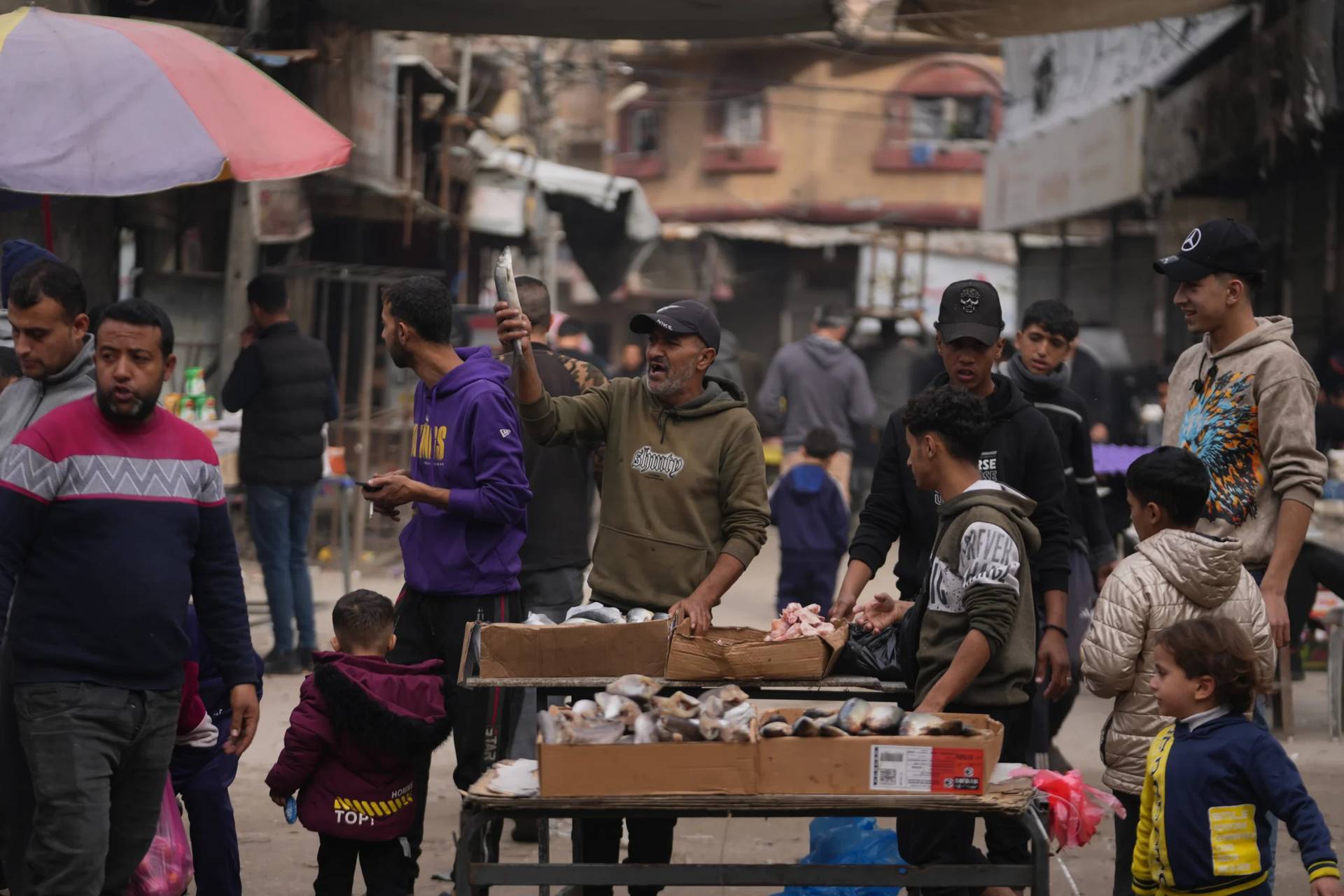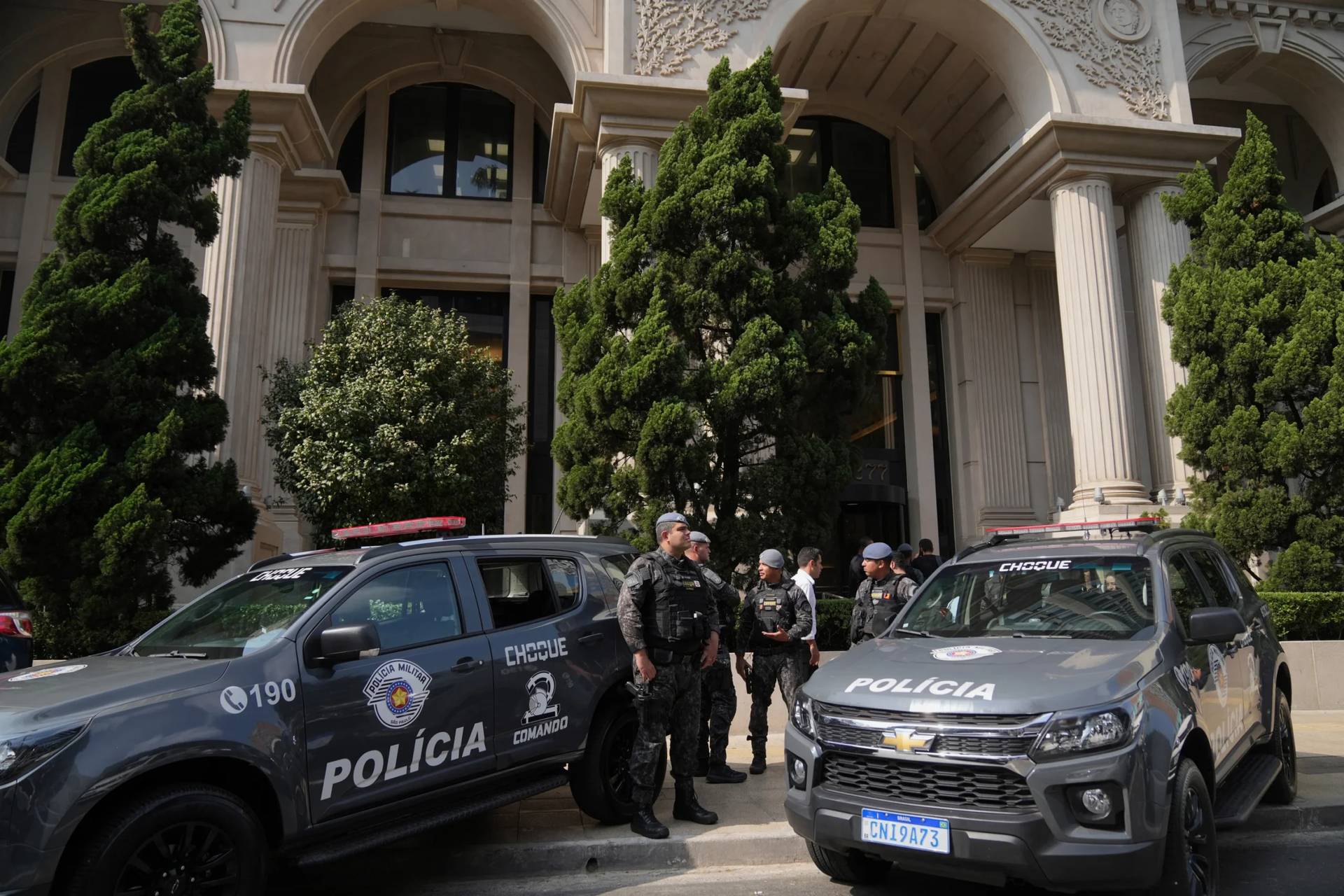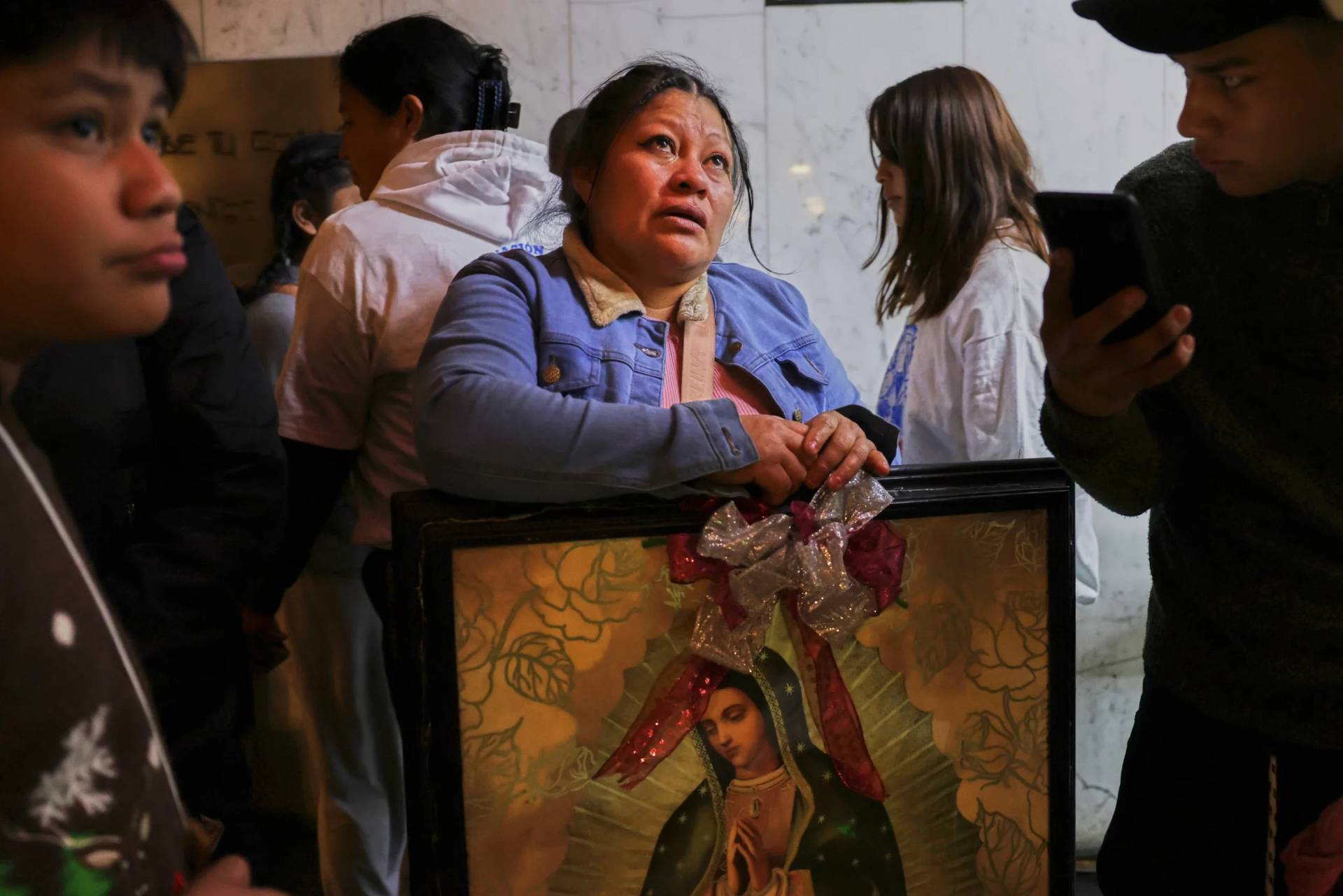ROME– Amidst growing attacks against the Catholic Church in Nicaragua, Pope Francis sent a letter to President Daniel Ortega on Monday marking the country’s independence, saying that he prays for “fraternal reconciliation” in a country that’s been marred by violent unrest in recent months.
“I assure you all of my prayer so that Jesus Christ, Prince of Peace, gives you the gifts of fraternal reconciliation and a peaceful and charitable coexistence,” Francis wrote in a telegram read to the nation by Nicaraguan Vice President Rosario Murillo, Ortega’s wife, during one of her daily addresses this Monday.
The message, signed by the pope, was sent to the government through the papal representative in the country.
Nicaragua, Guatemala, Honduras, El Salvador and Costa Rica all celebrate their Independence on the same day, Sept. 15, commemorating the signing of the Independence Act of Central America from Spanish colonial rule in 1821.
To date, however, the only known papal message to commemorate the event this year is the one sent to Nicaragua, perhaps signaling the pontiff’s special interest in this country.
In recent months, due to clashes between protesters and the forces of Ortega that have left hundreds dead, Francis has spoken about Nicaragua on several occasions, particularly either on Wednesday during his public audiences or on Sundays after his weekly Angelus prayer.
He did so in April, for instance, when on a Sunday he said: “I’m very worried over what’s happening these days in Nicaragua, where, following social protest, clashes took place that even caused some victims.”
“I express my closeness in prayer to that beloved country, and I join the bishops in asking for an end to any type of violence,” Francis said, adding that every “useless spilling of blood must be stopped” and the issues at hand need to be resolved “peacefully and with a sense of responsibility.”
The pontiff has spoken up several other times when it comes to Nicaragua, where Catholic bishops are trying to aid in a dialogue process between the Ortega administration and the political opposition which, so far, has proven fruitless.
After a proposed social reform in April led to a social uprising, the situation has deteriorated steadily, with hundreds of thousands now asking for Ortega’s resignation.
RELATED: Pope stands with Nicaragua’s bishops in demanding democracy
As a response to the bishops’ outspokeness, Catholic churches and prelates have been targets of violence themselves, with several cases this past weekend. For instance, the exterior of the cathedral church of Managua, the country’s capital, was vandalized, with graffiti such as “priests murderers” or “in other countries rapists, here golpistas,” a Spanish term used to mean that Catholic clergy back a supposed coup d’état.
Father Luis Herrera, rector of the cathedral, said such graffiti has become common whenever there’s a pro-government rally. Accompanying the stains on the walls “that can be painted over,” he said, are verbal accusations and threats that worry the priest more.
“Every time the rallies go through here, we’re ridiculed, we’re accused of staging a coup, of being terrorists… It’s a language that is used mostly to denigrate the Church, but we will pray for them,” he told local newspaper La Prensa.
“The most important thing is that the Lord is who directs the history of this country and every human person,” Herrera said. “We cannot answer them with the same coin, we simply move forth with our prophetic witness.”
Last April when the protests began, the cathedral served as a refuge for hundreds of young people who clashed with pro-government forces. The youth reached the cathedral with the aim of providing humanitarian aid to those protesting at a nearby university, but government forces fired and threw tear gas at them.
Bishop Rolando Álvarez, one of the members of the dialogue effort, recently was verbally attacked after the police forced him to get out of his car, with people accusing him of being a “terrorist” and a “murderer.”
In addition, paramilitary groups beat the auxiliary bishop of Managua, Silvio Baez, as well as Cardinal Leopoldo Brenes and the apostolic nuncio, Waldemar Sommertag, as they tried to mediate in one of the many clashes that have taken place recently.
RELATED: Bishops bloodied, churches besieged in Nicaragua crackdown
During the weekend, several Masses were interrupted across the country by groups singing pro-Ortega chants, including in the church of Our Lady of La Merced, in Granada, and in the church of San Miguel, in Masaya.
This past Sunday, during his homily, Baez, who’s become very vocal in his criticism of the government, used his homily to talk about the “deafness” of those who rule the country, describing them as incapable of “listening to the demands of the people, who want justice and democracy.”
“It’s also regrettable the deafness of those who are in power and don’t listen to the cries of the mothers and the families of those who’ve been murdered by the repression or who are unjustly imprisoned for political reasons,” the bishop said.
“This is a clamor that, if not listened to, is a sign of spiritual deafness,” Baez said, before closing his homily by saying that not listening to the clamor of the international community that appeals “for Nicaragua not to once again become a dictatorship,” is also a sign of deafness.

















